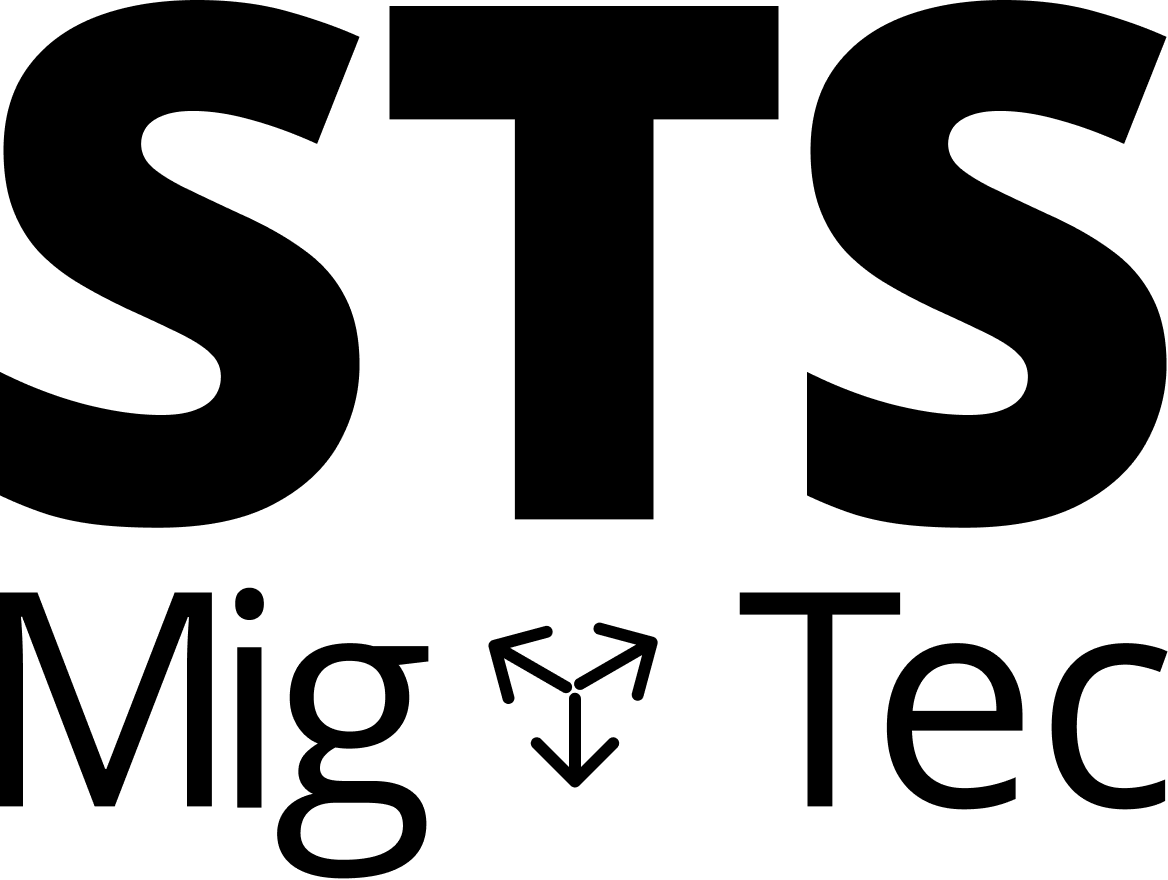MigTec/Datamig Circle
MigTec/Datamig circle is an online format which takes place once a month and which serves to reflect jointly on work-in-progress, such as articles, chapters, books, or proposals. The number of participants is limited to 15 participants to maintain the conditions for a fruitful discussion.
Is this the right event for me?
The idea is to create a safe space for probing ideas and arguments, develop further the analysis of empirical material, and to discuss paper or proposal drafts still in-the-making. We invite scholars of all career stages to present their preliminary work.
